Depending on the personal preferences of the owner, there can be two ways to build or repair a building:
- economic;
- contracting.
In the first case, the owner of the building entrusts himself with all the functions of erecting or reconstructing the building. In the second case, a contractor is involved. In large-scale work, all processes are led by a general contractor.
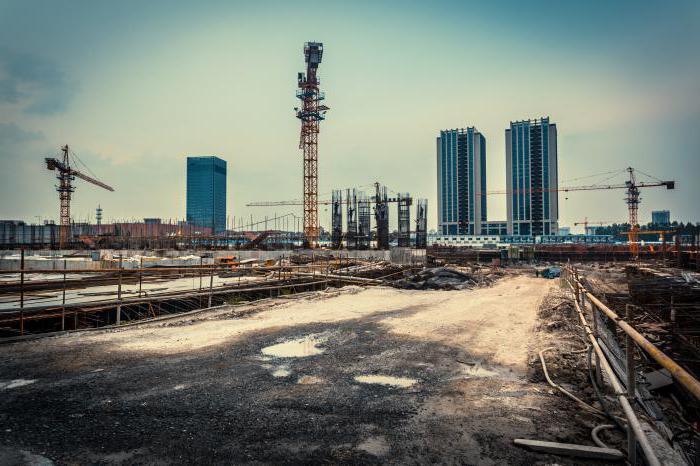
General contractors in construction
The concept of a general contractor is interpreted as a legal entity that assumes all the functions for the implementation of planned construction works. Typically, construction, having a specific specificity, is not complete without a general contractor.
The construction organization, which cooperates with the customer on the basis of a general contract, is fully responsible for the quality, compliance with the requirements of the project documentation and the deadline for the work at each stage. The main quality that a general contractor should possess is the ability to quickly select professional staff and organizations for certain types of work in construction and design. To establish the full interaction of all subcontractors at one construction site.

Tasks
The construction contract involves the fulfillment of many tasks by the general contractor:
- Full observance of all terms stipulated in the contract with the customer.
- Fulfillment of objective customer requirements that do not contradict building codes.
- Attraction of subcontracting organizations, coordination of works to which they will be involved, and pricing policy with the customer.
- Conducting and accounting payments with subcontractors. If desired, accounting can also be maintained.
- Assessment of structural elements and quality control of work, installation, together with the customer.
- Direct participation in inspections by regulatory authorities, protecting the interests and rights of the customer.
- Participation in acceptance of works at intermediate stages and assessment of the fact of readiness of the construction project.
- Identification of defects and estimation of costs for their elimination.
- Direct implementation of the most advanced construction methods.
General contractor functions in construction
In addition to strategic tasks, the general contractor is obliged to perform many functions on a single site.
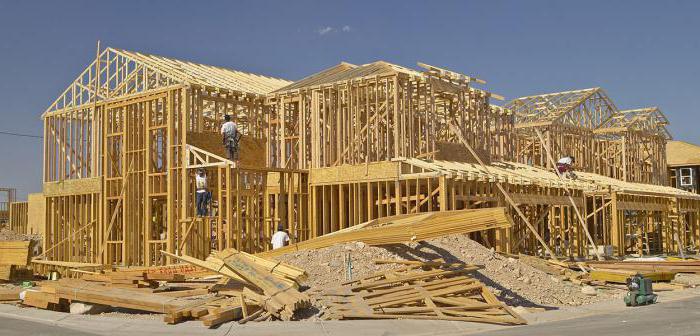
Planning and design work
It is recommended to involve a general contractor at the design stage of the project so that he, as a practical specialist, can assess the established timelines for the work, make appropriate adjustments in order to ensure the accurate implementation of all stages of construction in the future.
Organization of work
The responsibilities of the general contractor in the construction include the organization of storage of the project documentation received from the customer, the issuance of such documents to subcontractors to perform a specific type of work.
The general contractor is obliged to find subcontracting organizations, to provide them with a work front in a timely manner and to monitor the quality of execution. The contractor is obliged to agree with the customer subcontracting organizations, having previously checked their reputation and agreed prices.
The contractor is obliged to provide conditions on the construction site for the implementation of all stages of construction, to take part in them directly.
Make the appropriate changes to the design documentation, without compromising performance and violating state regulations.
Ensure all conditions so that safety precautions and labor protection rules are not violated.
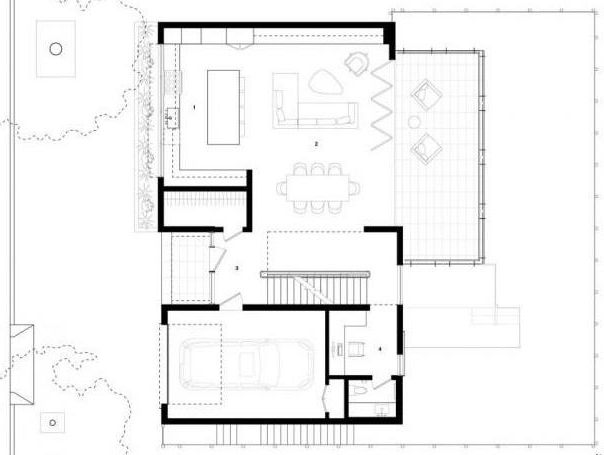
Financing, reporting and control
General contractors in construction are required to report on their main activities. At the same time, bear full responsibility for the information entered in such reports.
Strictly observe the deadlines provided for by the contracts and working documentation. Monitor the health of all units, equipment and mechanisms in order to prevent downtime of the construction site and personal injury.
Participate in the examination of objects that are subject to conservation, prepare all the necessary documentation for the suspension of work. If the work is resumed, the general contractor is obliged to provide all the documentation for the new construction organization or to start work on his own.
In case of revealing low-quality work or defects, non-observance of the terms of delivery and work, the general contractor makes claims to subcontractors, suppliers of materials. A construction contract allows him to levy penalties on subcontractors as part of the agreements drawn up.
Performs interim and final settlements with all subcontractors, with the collection of fines, if any.
The functions of the general contractor in construction involve the coordination with the customer of all the prices and volumes of work that will be carried out by subcontracting organizations. Any changes in the contractual relationship between the contractors must be agreed with the customer.
Logistics
By prior agreement, the general contractor can independently provide the construction object with material values. In this case, he is obliged to monitor compliance with the deadlines for the supply of materials by sellers, coordinate prices with the customer, provide the construction site with all necessary equipment and mechanisms so that the process of building or repairing the building is not interrupted.
In case of delivery of low-quality materials, I must return them by presenting a claim to the supplier. The general contractor is fully responsible for providing subcontracting organizations with materials for the work.
If the acquired materials are not used in full, then, by prior arrangement, the general contractor is entitled to sell the surplus.
Development of the site and compliance with regulations
The functions of the general contractor in construction include direct participation in the selection of the site for the construction of the building. Under an agreement with the customer, it may be assigned the responsibility of registering the site and receiving all permits. Also coordination with energy services, in the area of future work, for the supply of electric energy, water, tree felling.
The general contractor may deal with compensation for losses to persons who have suffered as a result of construction work, the laying of underground utilities.
Bears full responsibility for observing the geodetic breakdown, according to the documentation received. If it is stipulated by the contract with the customer, then the general contractor can independently select a geodetic organization on a subcontract basis for work.
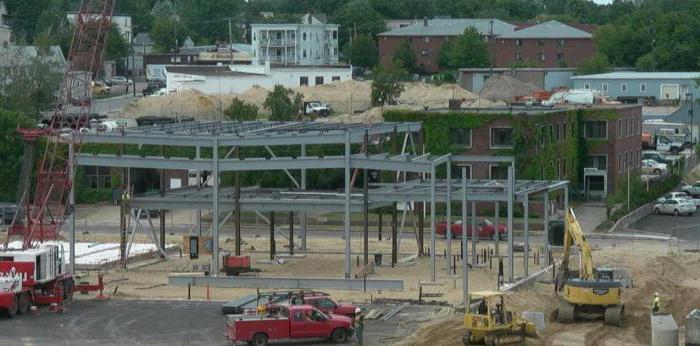
Other functions
The contract with the general contractor for construction may stipulate the condition that the general contractor independently draws a state commission to accept the completed facility and independently puts it into operation. It is possible that after commissioning, the general contractor independently transfers the constructed facility to the people who will operate it. Carries out all settlement transactions with such persons.
The functions of the general contractor in construction, the regulatory documents that will guide him throughout the contract, must be clearly stated in the agreement with the customer.
Types of cooperation between the general contractor and the customer
The customer and the general contractor in the construction can cooperate in two ways.
Counseling
In this case, the general contractor performs strictly defined tasks, for example:
- provides consultations in the field of workflow organization;
- develops technical activities;
- conducts examination;
- on the basis of the project draws up a schedule of construction work.
The participation of the general contractor is possible only at the stage of acceptance of work.
Control
The customer completely transfers all the functions to the general contractor in construction, from the preparation of project documentation to the commissioning of the facility. The search for subcontractors, the organization of the supply of materials, the receipt of permits - everything falls on the shoulders of the general contractor.
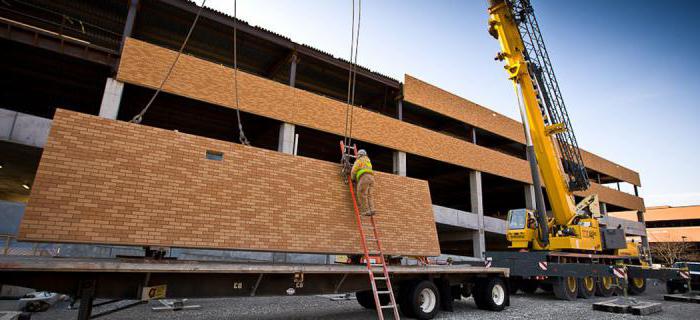
Benefits of working with a general contractor
For large objects, attracting a special organization for construction or repair is the best choice. The general contractor takes all the cares and responsibilities upon himself. A construction company is more likely to select qualified personnel and subcontractors. The customer does not need to hire its own employees to organize the design and obtain all permits for the start of construction, commissioning of the facility and the selection of subcontractors and suppliers.
To attract or not a general contractor for the construction of residential buildings, it is up to each owner of the land plot individually. But all the advantages that large organizations have, attracting a general contractor, will also be the customer of the construction of a private home ownership.
Disadvantages of cooperation with the general contractor
The main minus is the price. An organization engaged in professional general contracting will require a considerable amount of labor. But there is also a risk that the involved subcontractor by the general contractor may make mistakes in the process of carrying out the work, and this will entail a deadline for the commissioning of the facility.
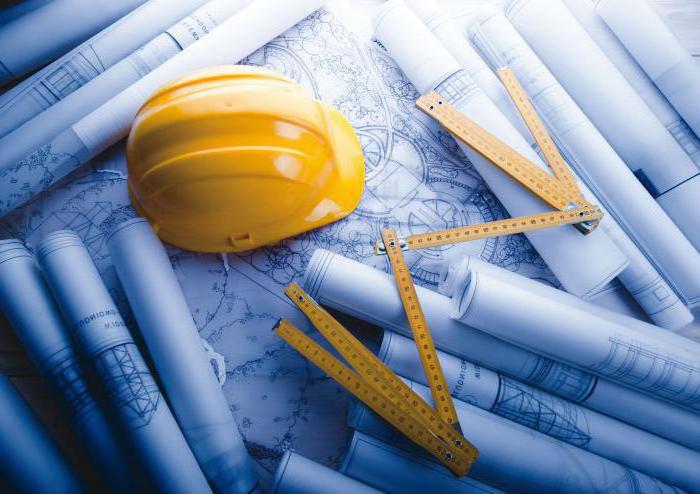
The subtleties of relationships
The general contractor and subcontractor in construction are inextricably linked parts of the entire construction. The general contractor assumes all responsibility for the actions of subcontracting organizations. If controversial issues arise, then only the general contractor will solve them.
In turn, the customer has the right to hire several contractors, for example, for a specific site of work. In this case, such contracts are not regarded as a general contract.
If the agreement between the general contractor and the subcontractor does not stipulate restrictions, then the latter has the right to independently engage other contractors, and not to carry out all the work independently.
General contracting service is becoming increasingly popular due to its mobility and flexibility in relations between the parties. For the customer - this is an opportunity to attract the best specialists to work, to erect a construction project using the latest technologies and use the latest developments.